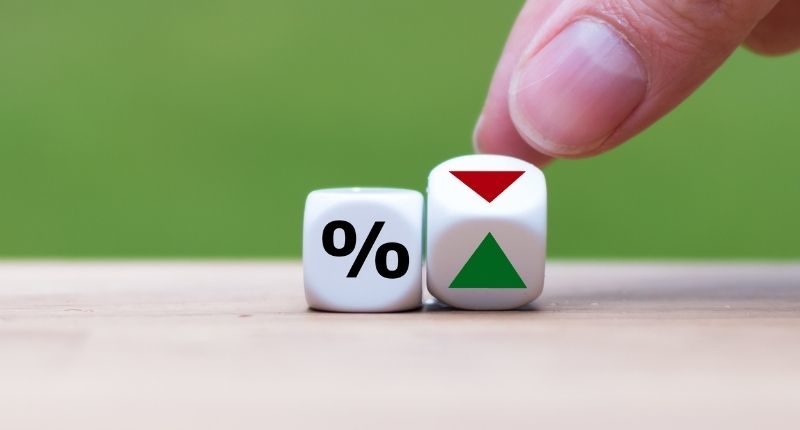- The rate had been at 0.1% since November 2020
- The rate has not risen since November 2010
- Comes despite as recent as last year, Dr Lowe was adamant the rate wouldn't rise until 2024
Following data released last week showing Australia is witnessing its highest level of inflation since the GST was introduced in 2000, the Reserve Bank of Australia (RBA) has decided to lift the cash rate from 0.1% to 0.35%.
This is the first time the Reserve Bank has lifted the interest rates since November 2010 – the day of the Melbourne Cup – and the first time it has changed the rate at all since November 2020.
While expected, this event is extraordinary for an array of reasons.
Firstly, Governor Philip Lowe reiterated as recently as late last year the rate wouldn’t rise until 2024. Only this year has the tone changed, suggesting it could occur this year or 2023.
While the Reserve Bank is independent, it is rare for a change in monetary policy just before the election – the last time this occurred was just before the 2007 election when the Howard government was defeated by the Labor Party, led by Kevin Rudd.
While Russia’s invasion of Ukraine has led to an increase in fuel costs, supply chain constraints have led to higher living costs in recent times, fuelling inflation.
Overall, the economy is growing strong and the unemployment rate is 4%, however, wages have not increased to the level the Reserve Bank expected, which has been a part of the central bank’s rationale for not lifting rates.
All banks and lenders have begun lifting their fixed rates and the stress test by APRA was increased in last year, to make sure lending standards don’t rise. So, the impact of this may not be known for some time, especially regarding house prices.
“The Board judged that now was the right time to begin withdrawing some of the extraordinary monetary support that was put in place to help the Australian economy during the pandemic,” said Dr Lowe.
“The economy has proven to be resilient and inflation has picked up more quickly, and to a higher level, than was expected. There is also evidence that wages growth is picking up. Given this, and the very low level of interest rates, it is appropriate to start the process of normalising monetary conditions.”
Reaction
Unsurprisingly, many organisations anticipated the rate rise and have already provided commentary to The Property Tribune.
“The Reserve Bank will be hoping the cash rate rise will take the heat out of the economy and slow inflation, so that steady and orderly growth will carry through to wages and protect borrowers from higher repayments. This ‘Goldilocks’ outcome is on a tightrope, particularly with supply side influences on inflation at the moment.,” commented Steve Mickenbecker, Canstar’s finance expert.
The UDIA said the decision is likely to be the first of several rises this year.
“There will no doubt be some short-term pain as we adjust to higher interest rates. But I think there are bigger issues at play here in relation to housing affordability,” said UDIA WA CEO Tanya Steinbeck.
“The last time the Reserve Bank adopted a monetary policy of increasing the cash rate because of inflationary concerns was from May 2006 to March 2008, when the cash rate was increased by two percentage points over nearly two years,” added PIPA Chair, Nicola McDougall.
“Fundamentally, this means that there is no need to panic with most borrowers well-placed to finance moderate increases to mortgage repayments over the next two years.”








